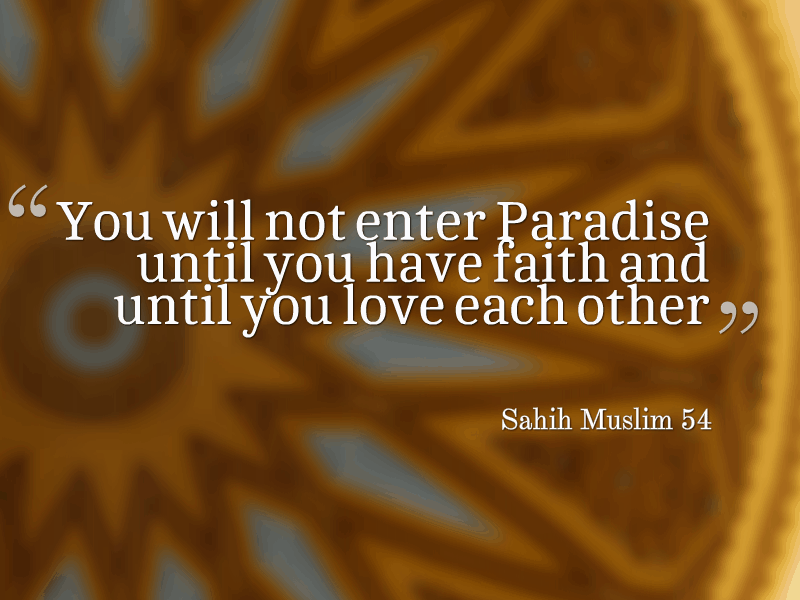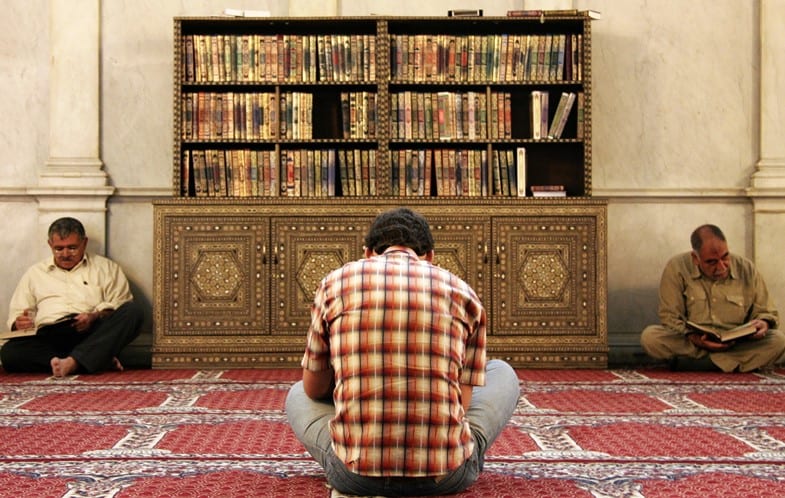Among the many beneficial writings he left the ummah, the great scholar Imam Al-Ghazali (Hujjat ul-Islam) wrote a small book of advice to a young student. It contains rich advice that is just as relevant today and which we present as a reminder to all brothers and sisters, young and old.
Ayyuhal-Walad al-Muhibb (My Dear Son) – Although it is around a thousand years old, it has a rich trove of advice for the current youth in our times who are trying to navigate around the complex experiences and challenges that make up modern life in order to change from a heedless and neglectful state to an altered state or condition.
Below are just a few snippets of examples from this wonderful book and their relevance and applicability for the youth in their contexts:
Advice 1: If a person reads and teaches a hundred thousand books on intellectual and knowledgeable issues but does not act on any of it, it will not benefit him at all…
Some young Muslims today – especially those who read Islamic books or even academic material – love debating, arguing and talking about Islamic topics and issues (especially in `aqidah and fiqh) but they do not act on what they know or do so with great deficiencies. Their knowledge is almost academic and non-practical.
Imam al-Ghazali is advising that this is wholly inconsistent and a big failing. It is inconsistent because a person ought to practice what they know and teach it to others and it is a failing and weakness because their knowledge should make them act but it does not and this is the most unfortunate kind of knowledge.
Advice 2: …O beloved disciple, knowledge without action is madness and action without knowledge can’t be!
The advice here is extremely important in that a person needs both knowledge and action. If he does not have the required knowledge then he may not know whether he is performing his actions correctly and acceptably according to the rules of the Shari’ah (e.g. he may be praying incorrectly, fasting incorrectly, buying and selling incorrectly, justifying disobedience to Allah without knowing, etc.).
However, if one has knowledge but it does not cause them to move and act then this knowledge is not beneficial and in effect makes it pointless and this is the most unfortunate kind of knowledge. Thus, both knowledge and actions have to be combined for a person to have a consistent Islamic personality (shakhsiyyah).
Both the mentality (outlook, ideas and concepts) as well as one’s behaviour (actions, morals and disposition) must be consistently based on one standard and belief – the Islamic standard and belief.
Advice 3: Imam Abu ’l-Qasim al-Junayd al-Baghdadi (d. 298/910) remarks: “…we only benefited from the small units of Prayer we did late at night.”
Imam al-Ghazali is warning us with this quote from al-Junayd that ultimately what matters in life is the devotion one has to Allah (swt) and which is manifested in actions that Allah (swt) truly knows of us. In a society that directs our attention to entertainment and pleasure-seeking, this should resonate strongly with us. We often set worldly goals and work towards them to the exclusion of our deeni objectives; while both the dunya and akhirah must be sought, the crucial point is that they must not distract from our important obligations which are to worship Allah, come to have knowledge of Him, carry da`wah (‘the Islamic call, invitation to Islam’) as well as to prioritise what He and His beloved Messenger (ﷺ) have prioritised. This does not mean young Muslims should not enjoy themselves with games, sports and relaxing with each other; they should as these are all mubah (‘allowed’). What it means is that learning Islamic knowledge, praying, da`wah and any other fard (‘obligation’) must not be neglected for something merely allowed. Priorities should not be confused.
Individual extra Prayers, dhikr (remembrance of Allah), durud, du`as (‘supplications’) and recitation of the Qur’an must be continual acts in order to keep a person connected with Allah and habituated on good actions. This is what Islam teaches.
Advice 4: …Know that true obedience to Allah and true worship of Him involves following the commands and prohibitions of Shari`ah in both word and acts…
Imam al-Ghazali unequivocally advises that true obedience to Allah and true worship is only possible if it agrees with the rulings and commands of the Noble Shari’ah. No other criterion is acceptable. Many today, whether knowingly or unknowingly, have taken culture, friends, society, their own ego (nafs) or their own minds and other philosophies as their criterion of deciding whether or not something is right, wrong or acceptable and unacceptable. This is not correct. The criterion of the Shari’ah is what a Muslim must hold for their actions.
Advice 5: Sayyiduna `Umar Ibn al-Khattab (ra): “Account yourself before you are brought to account and measure your actions before they are measured…”
All Muslims, whether young or old, must prepare themselves for the Hereafter (akhira). They must be ready for when Allah will account everyone for everything they did in this world. Imam al-Ghazali through this quote is alerting and advising that before Allah accounts you, you should account yourself and prepare yourself for that Day by preparing now through learning about Islam and its subjects, practising it, delivering it to others, sharing it and keeping firmly on it.
Action plan:
What is it then that the youth can do? Something that will help them when nothing else can or something that will be with them when nothing else will: righteous actions (a`mal saliha).
Imam al-Ghazali quotes Shaqiq al-Balkhi (d. 194/810) as follows:
When I observed people I saw them loving others dearly and being attached to them. Some of these people they loved and were attached to will be with them when they’re ill or when they’re being lowered in the grave. However, all of these beloveds will return and will go back and leave them, desert them all alone. They will not be able to enter with them in the grave and help them. So I contemplated long and hard and came to the conclusion that: the best thing for a person or the most beloved and dear thing to a person should be what can enter with him into the grave and be close to him there. What I found that to be was nothing more than righteous actions or good deeds. So I took it as something dear and beloved to me so it can be a radiant lamp for me in the grave, be close to me and not leave me…
What can some of this a’mal saliha (‘good and righteous actions’) be for the youth to practically do?
- Gain Islamic knowledge.
- Ponder over our actions by linking it to the Hereafter and its consequences.
- Carry da’wah.
- Keep good company.
- Value your youth and time.
And with Allah is all Success.
This article has been adapted from an original piece by Ustadh Safarruk Chowdhury, a teacher, lecturer and member of Hizb ut-Tahrir in Britain.
![]()















